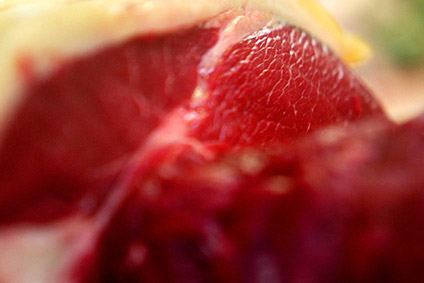
A body representing US cattle farmers has filed a petition with the authorities calling for a change in the country’s labelling system to clearly distinguish real beef products from those that are created in a laboratory.
The US Cattlemen’s Association (USCA) says consumers need to be better informed on the difference between beef products derived from cattle and what it calls ”alternative” synthetic products made from plants or insects, as well as laboratory grown products derived from animal cells.

Discover B2B Marketing That Performs
Combine business intelligence and editorial excellence to reach engaged professionals across 36 leading media platforms.
Its petition was filed to the US Department of Agriculture’s (USDA) Food Safety and Inspection Service on 8 February.
USCA president Kenny Graner said: “Accurate labelling of US beef products has always been a number one priority for the U.S. Cattlemen’s Association. Our members brought forth their concern with the labelling of products as ‘meat’ that are not in fact derived from bovine animals, and USCA leadership and staff moved ahead with this petition to address that concern.”
He continued: “Consumers depend upon the USDA FSIS to ensure that the products they purchase at the grocery store match their label descriptions. We look forward to working with the agency to rectify the misleading labelling of ‘beef’ products that are made with plant or insect protein or grown in a petri dish. U.S. cattle producers take pride in developing the highest quality, and safest, beef in the world, and labels must clearly distinguish that difference.”
USCA said there are no official labelling requirements applicable to products marked as ‘beef’ or more broadly as ‘meat’.

US Tariffs are shifting - will you react or anticipate?
Don’t let policy changes catch you off guard. Stay proactive with real-time data and expert analysis.
By GlobalDataProducts not derived from animals that are born, raised, and harvested in the traditional manner, should not be permitted to be marketed as beef or meat products, according to the USCA. The lobby group referred to the synthetic products in question and those grown from animal cells as “in vitro meat”, “bio meat,” “clean meat”, or “cultured meat”.





